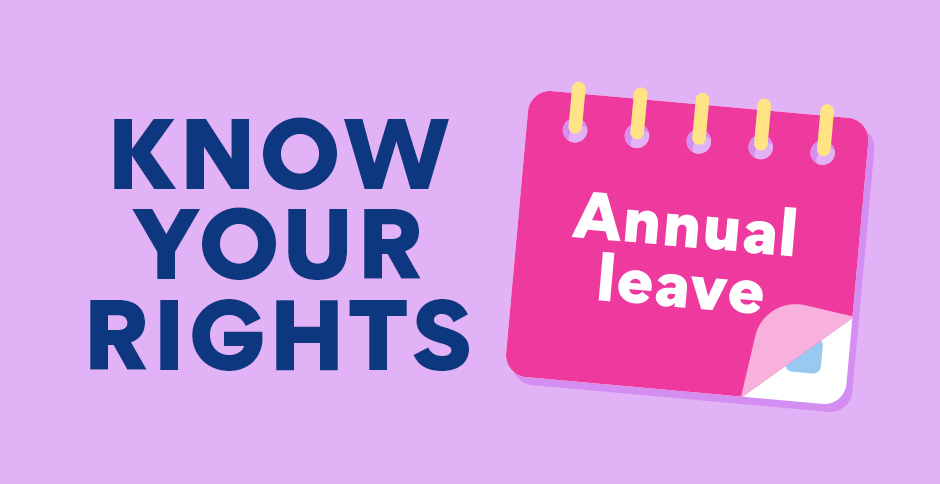We all know what it feels like to be left out of a group. Being on the outer is not easy, especially at work. So, what can you do if there’s a workplace clique and you’re not in it?
SEEK’s Resident Psychologist Sabina Read shares her advice on what to do when you’re on the edge of a clique.
Cliques are common
A clique is a small, close-knit group of people who don’t readily allow others to join them. SEEK research reveals that over one-third of New Zealanders (43%) believes their workplace has cliques.
Cliques are common, but they’re not always harmless. Nearly one third (31%) of New Zealanders feel left out as a result of not being in a clique, with females much more likely to feel anxious or dread having to work with the clique.
“The idea of cliques, or in-groups, is as old as time,” Read says. “Most of us have experienced or observed cliques at school, and many people bring a similar template with them into their adult lives, including the workplace.”
Should I try and join a clique?
“While a sense of belonging is important for human survival and wellbeing, joining a clique can be detrimental if it means abandoning who you are in order to belong,” Read says.
It’s important to ask yourself what appeals about ‘going inside’ a clique. “Often, we perceive that being part of the clique will create instant connection, however being in a group we don’t really feel an authentic affinity with can leave us feeling even more unsettled,” Read says.
If the people within the clique do reflect your interests and behaviour, Read advises initiating opportunities to create bonds at work and after hours.
Developing individual connections with each clique member away from work can help loosen the boundaries of the group, so you may want to suggest grabbing a coffee before or after work, or asking different colleagues to join you for lunch.
If a clique makes you feel anxious
There are a number of reasons why being on the outside of a clique could cause anxiety. “An old wound could be triggered from a time when we felt on the outer or we may feel that not belonging could put our job security at risk,” Read says.
Being excluded from a group is never easy, and according to Read the first step to managing clique-related anxiety is to observe your own thinking. “Focus on when and who you feel most comfortable with expressing your opinion,” she says. “Be aware of what you want to be recognised for, and start a conversation with others to find out what they what they want to be acknowledged for.”
Conversations like these can be easier with individuals rather than trying to approach the clique as a whole group. If you continue feeling excluded, isolated or anxious about a clique, you can also:
- Treat all clique members in a polite, friendly and professional way regardless of how they respond to you
- Not engage in gossip with the clique (or about the clique)
- Make connections with other co-workers
- Seek support from a manager, mentor or counsellor
“Speaking up to colleagues or management is a good first step to identify what would help you feel valued and accepted at work,” Read says. “When these needs are met, the need to belong to the clique may lose some of its gravity.”
There’s no one way to deal with cliques in the workplace. But identifying what appeals about being in a clique, taking the chance to form individual relationships and having an action plan for when you feel anxious can help you navigate this tricky situation.
Source:Independent research conducted by Nature on behalf of SEEK. Interviewing 4000 Kiwis annually



